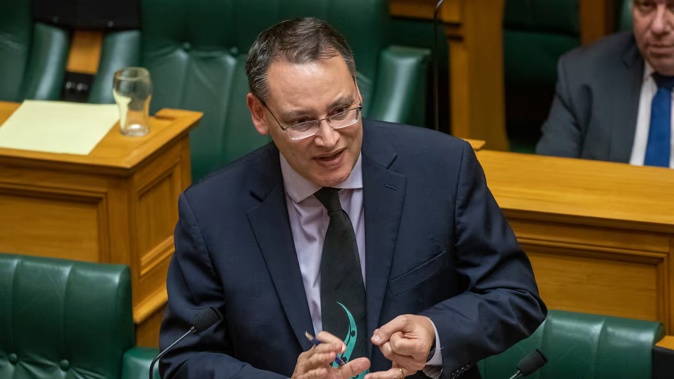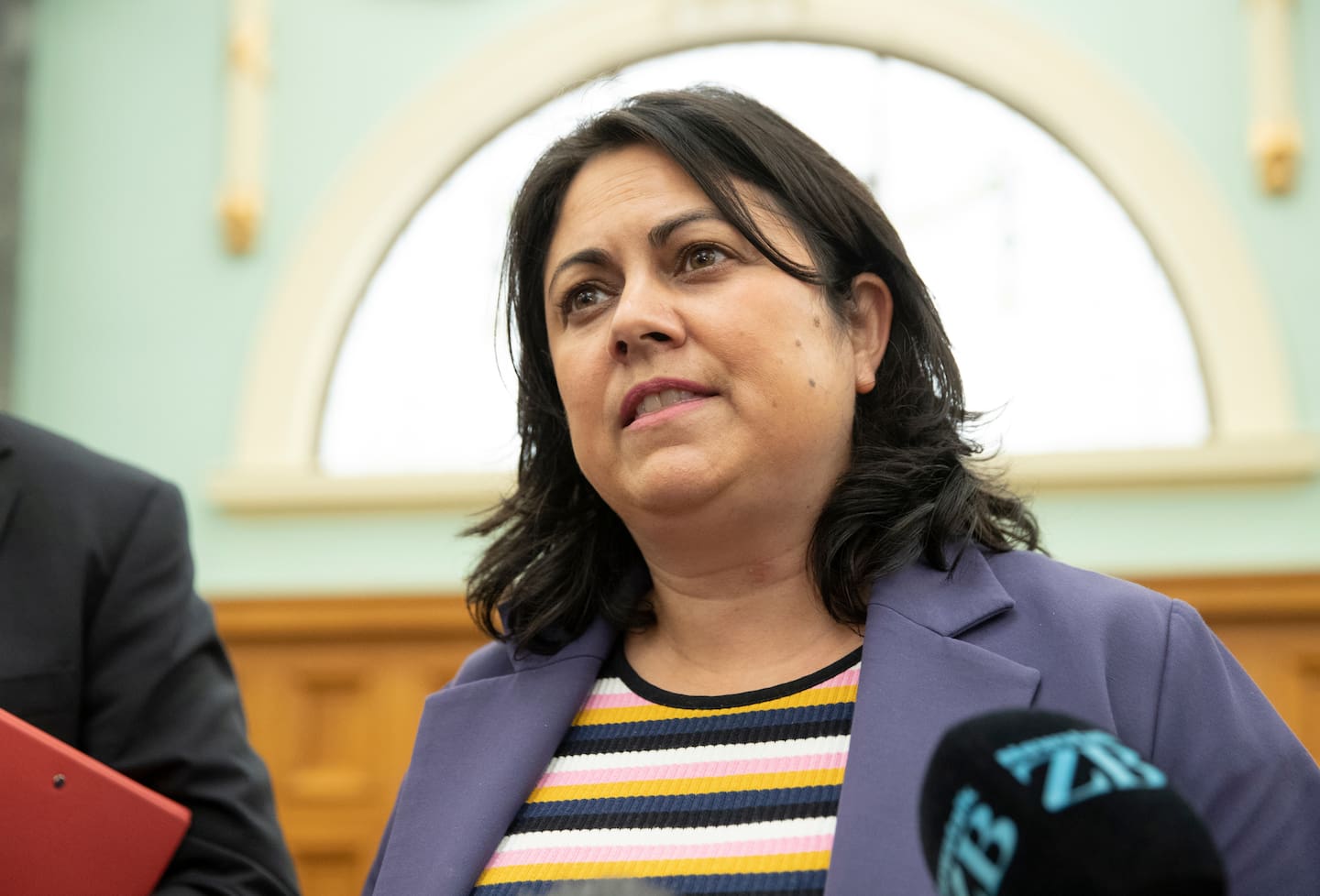
Health Minister Shane Reti says nurses should be able to speak a language other than English with their patients after Waikato Hospital told nursing staff not to.
The minister says the matter was discussed with Te Whatu Ora this morning and he expected them to take into account his view
“My view is that nurses that want to speak their first language to each other and/or to patients where they feel it’s clinically safe and apply their clinical judgment, so they should be able to.”
RNZ obtained a memo Waikato Hospital sent to all nursing staff telling them not to speak to patients in any language other than English.
The memo, which was sent on Friday and published by RNZ, said concerns were raised about other languages being used, and that the exclusive use of English in all clinical settings was safer for treating people.
A doctor who saw the memo told RNZ it was clearly aimed at Indian, Filipino and Pasifika nurses.
Reti said nurses were required to qualify in English, but if nursing staff felt it was appropriate and clinically safe to converse in their first language with one another and with patients, “then they should be able to”.
He confirmed the memo was not a directive from the Government.
The memo, sent from Waikato’s chief of nursing and midwifery and the director of quality and patient safety, said “it is timely to be reminded that English is the spoken language in the clinical setting”.
“Each nurse is required by Nursing Council New Zealand to achieve competency both in the written and spoken language of English. Consistent use of one language reduces the possibility of missed care, misunderstanding of clinical requirements and enhances safe teamwork.”
The memo also says it was acknowledged within other settings where decision-making, planning treatments and evaluating interventions are not the prime purpose of that interactions, te reo or sign language could be utilised.
“But in the clinical setting, English language, both spoken and written, supports clinical safety and as such the expectation is this will be adhered to.”
Te Whatu Ora Waikato told RNZ the memo was sent to nursing staff to “help reduce confusion” because speaking English in a clinical environment was standard practice and a Nursing Council requirement.
The Nursing Council recognised English, te reo Māori and New Zealand Sign Language as official languages – and those were acceptable in “many other contexts” and Health New Zealand strongly encouraged bilingualism to “support culturally responsive care”, it said.
Labour Party health spokeswoman Dr Ayesha Verrall has called for examples of nurses who spoke languages other than English causing problems for patient safety.

Labour Party health spokeswoman Dr Ayesha Verrall: "We need to make sure we are valuing all of the health workforce." Photo / Mark Mitchell
“I am also concerned that this is overreach and perhaps doesn’t recognise the value speakers of other languages bring to our healthcare setting. We are an incredibly diverse community now – we actually need people who can speak to patients who can speak Chinese, Indian languages and Filipino, for example.
“We need to make sure we are valuing all of the health workforce. Recent events suggest we haven’t got that balance right and I am particularly thinking of the exclusion of our Asian members of staff from a person’s surgery at North Shore Hospital.”
Last week, the Herald reported Asian staff in a surgical team at North Shore Hospital were replaced after a request by a Pākehā patient undergoing surgery.
The request was granted and resulted in Asian staff who would otherwise have been involved in the surgery being replaced.
The Herald was told there was no suggestion the order was to protect the staff involved from potential violence or verbal abuse.
The episode was condemned by health workforce leaders and caused significant fallout, with the approval of the request angering and distressing some hospital staff.
Julia Gabel is a Wellington-based political reporter. She joined the Herald in 2020 and has most recently focused on data journalism.
Take your Radio, Podcasts and Music with you









